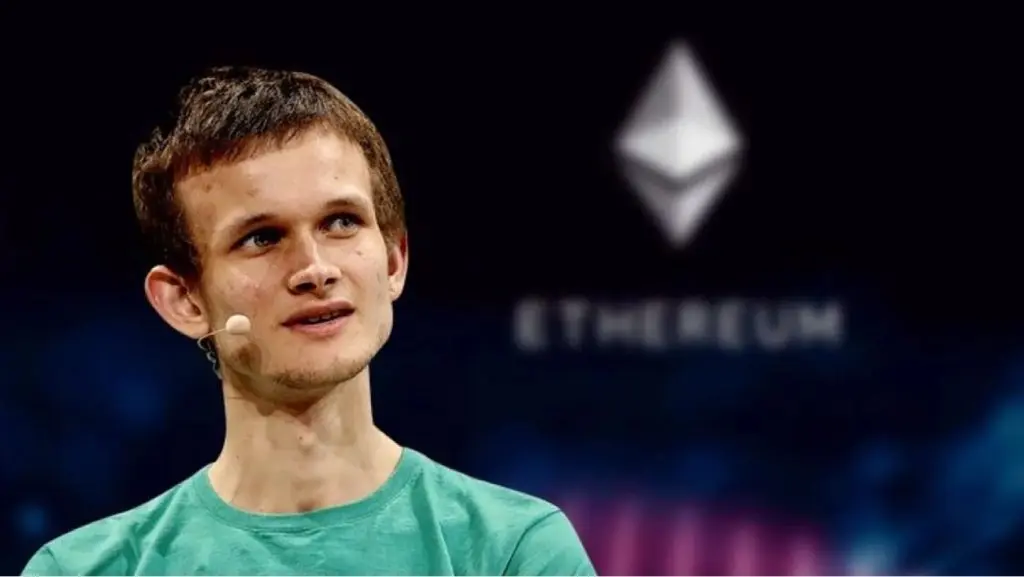Vitalik Buterin has unveiled a new proposal to preserve Ethereum’s neutrality against transaction censorship. The framework, called FOCIL (First-Order Inclusion Lists), would distribute transaction inclusion across 17 proposers per block slot, limiting the influence of dominant block builders.
Buterin, Ethereum’s co-founder, emphasized Ethereum’s role as a “dumb pipe” — a base layer that processes all valid transactions without discrimination. His comments, posted on X, came in response to mounting concerns over centralization and censorship risks, particularly in light of recent debates surrounding U.S. sanctions and blockchain validators.
“Neutrality is fundamental to Ethereum,” Buterin wrote. “We need multiple defenses: strong mempools, distributed block building, and additional inclusion channels like FOCIL. Even if a few professional builders control 99% of block production, they should not be able to censor transactions.”
FOCIL introduces a structural shift: instead of one proposer per slot, 17 are chosen. Sixteen proposers add transactions that must be included, while one proposer maintains the privilege of ordering them. The design prevents censorship by dispersing transaction inclusion rights across many validators.
Not all developers are convinced. a prominent Ethereum builder, warned that FOCIL could create legal exposure for U.S.-based validators. “If validators are forced to include sanctioned transactions, they could face up to 20 years in prison,” said, referring to U.S. sanctions enforcement.
He added that the current system at least allows validators to filter transactions linked to sanctioned entities like Tornado Cash, even if at the cost of slower processing. Under FOCIL, however, avoiding inclusion might become impossible.
The debate underscores a broader tension between Ethereum’s commitment to neutrality and the regulatory landscape in jurisdictions like the U.S. While Buterin argues that Ethereum must guarantee equal transaction access, critics caution that legal risks could drive validators away.
Whether FOCIL becomes part of Ethereum’s roadmap remains to be seen. What is clear is that the discussion highlights the delicate balance between technological resilience and regulatory realities in the evolution of blockchain governance.

